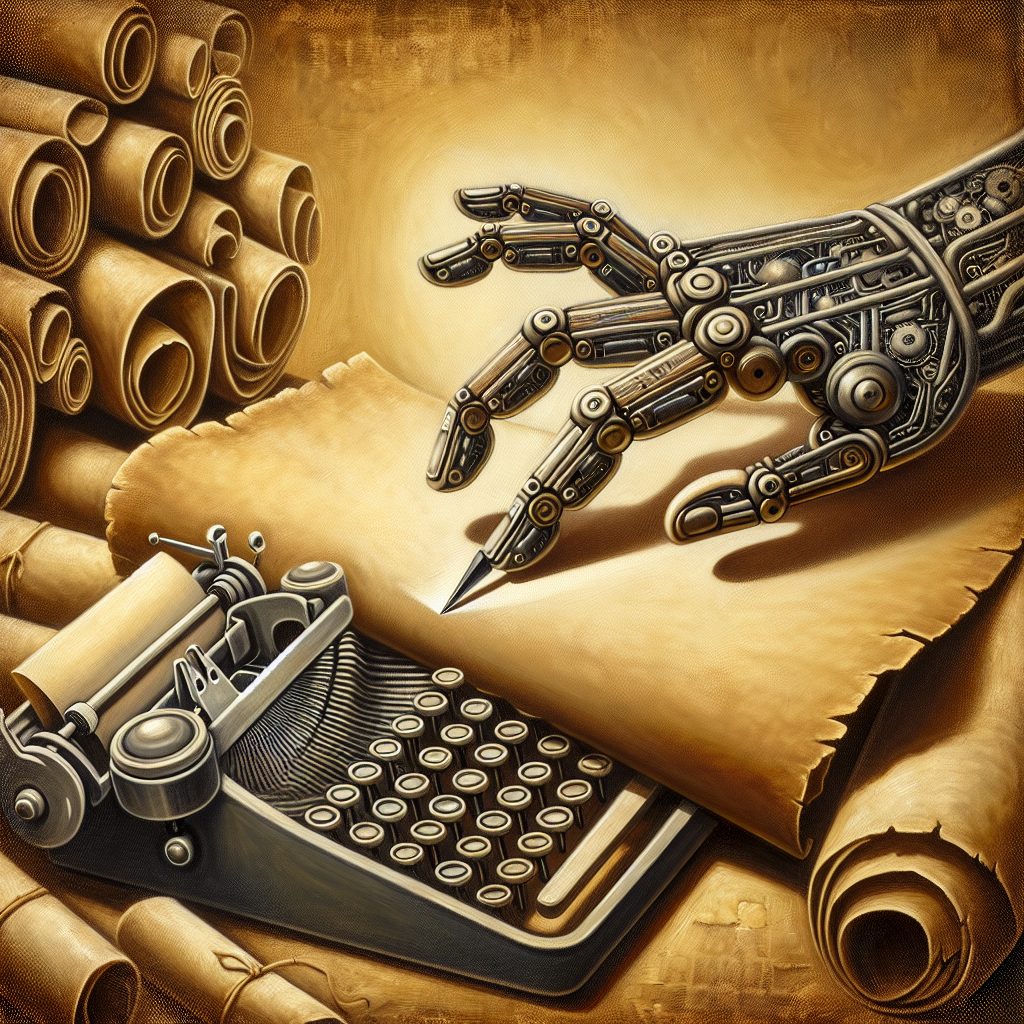Evolution of Language: A.I.'s Impact on Communication Dynamics

The evolution of language has been a subject of fascination for philosophers and linguists for centuries. From the early development of spoken language to the creation of writing systems, human communication has undergone significant changes over time. However, with the rise of Artificial Intelligence (A.I.) technologies, the way we communicate is once again evolving.
A.I. and Language Processing
A.I. has revolutionized the way we interact with technology, from voice assistants like Siri and Alexa to language translation tools. These advancements have made communication more efficient and accessible than ever before. A.I. has the ability to process vast amounts of data in real-time, allowing for instant translation of languages and personalized responses to user queries. This has not only streamlined communication but has also broken down linguistic barriers that once hindered global collaboration.
On the other hand, some argue that the reliance on A.I. for communication may erode the richness and complexity of human language. As A.I. algorithms continue to improve, there is a concern that human communication skills may deteriorate, leading to a reliance on automated systems for all forms of interaction. This raises questions about the authenticity and emotional depth of communication in a world dominated by A.I.
The Ethics of A.I.-Mediated Communication
As A.I. continues to shape the way we communicate, ethical considerations come into play. How do we ensure that A.I.-mediated communication is transparent and privacy-aware? Who is responsible for the accuracy and integrity of the information being communicated through A.I. systems? These are just some of the ethical dilemmas that arise as A.I. becomes more ingrained in our daily lives.
Moreover, the impact of A.I. on communication dynamics extends beyond technology and into societal structures. As A.I. systems become more sophisticated, the way we interact with each other and perceive language may shift. This raises important questions about power dynamics, inclusivity, and access to communication tools in a world where A.I. plays an increasingly dominant role.
In conclusion, the evolution of language through A.I. technologies presents both opportunities and challenges for communication dynamics. While A.I. has the potential to enhance our ability to connect and collaborate on a global scale, it also raises important ethical considerations about the impact of automated systems on human interaction. As we navigate this evolving landscape, it is crucial to critically examine the role of A.I. in shaping the future of human communication.